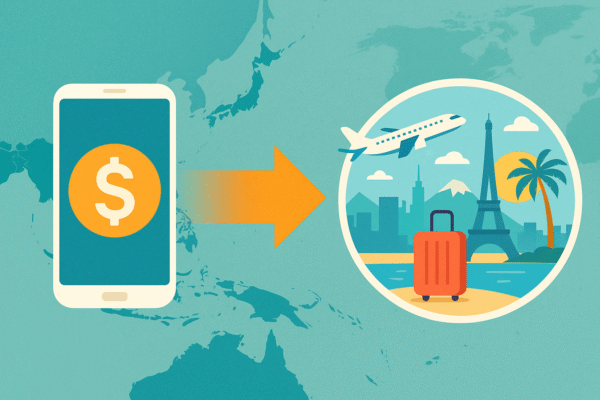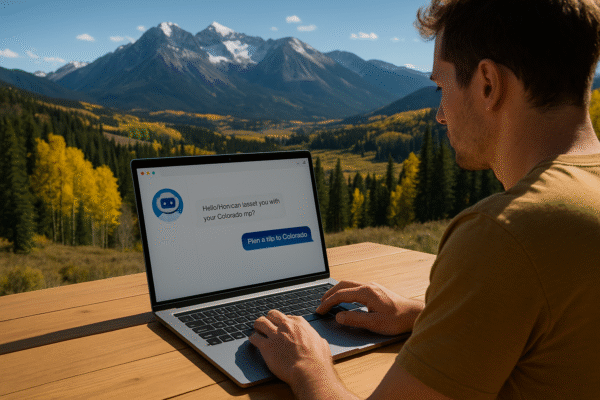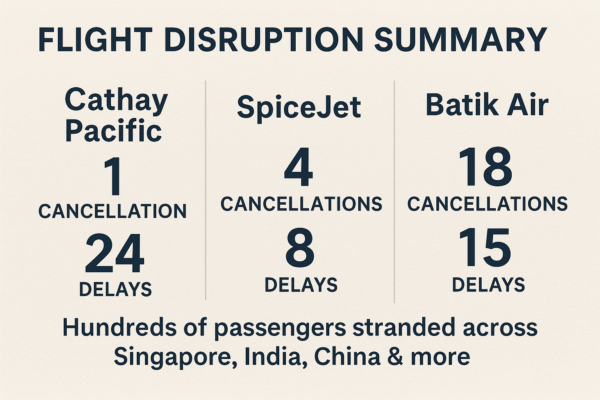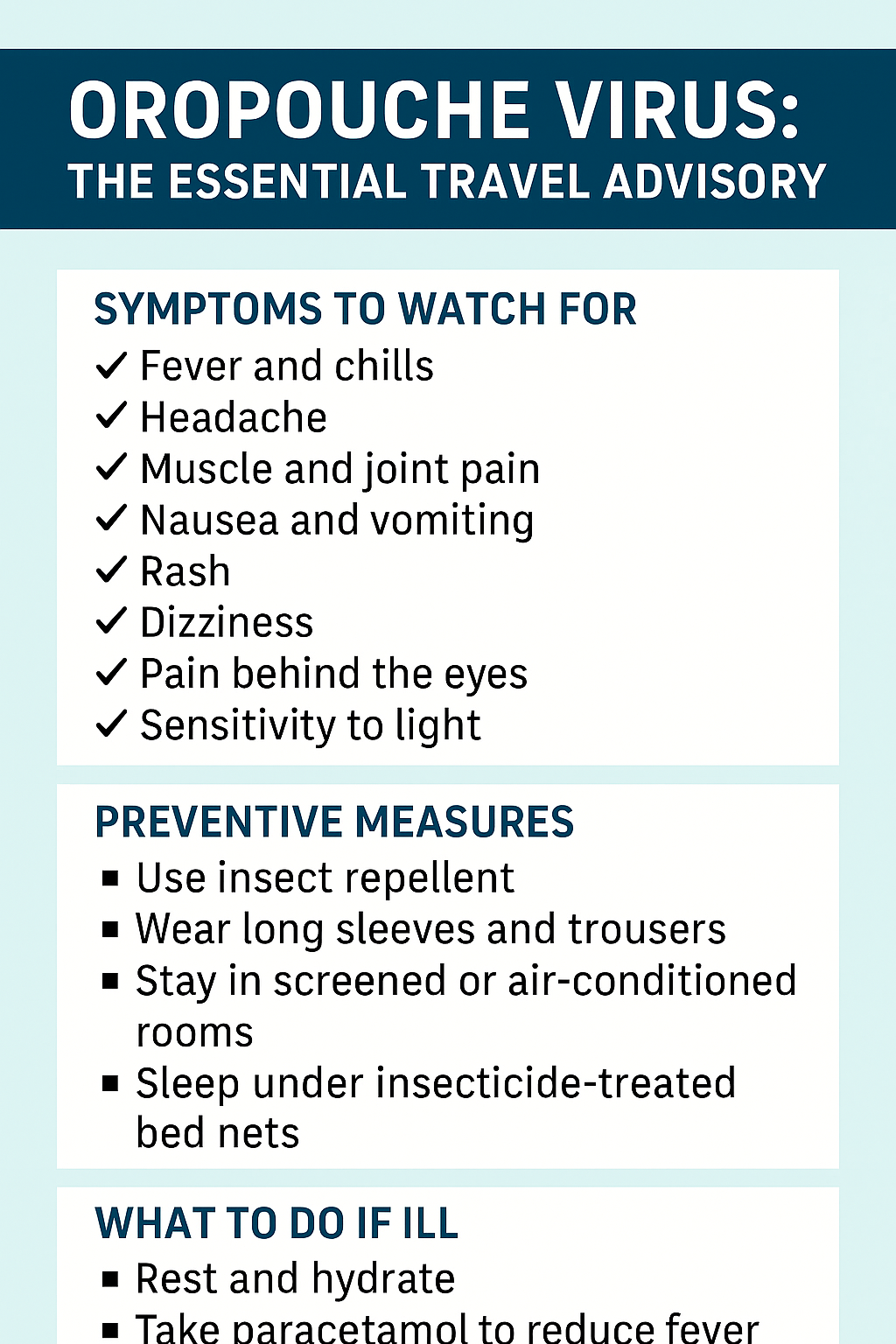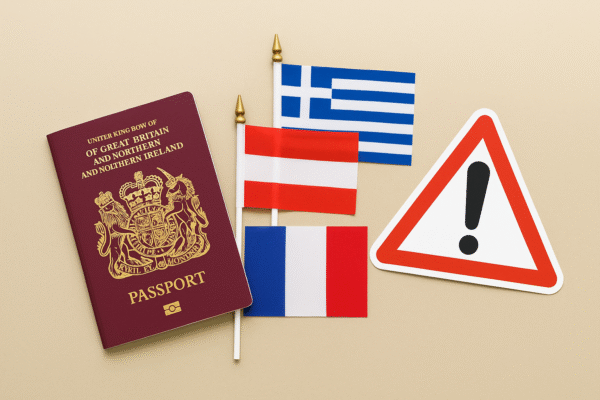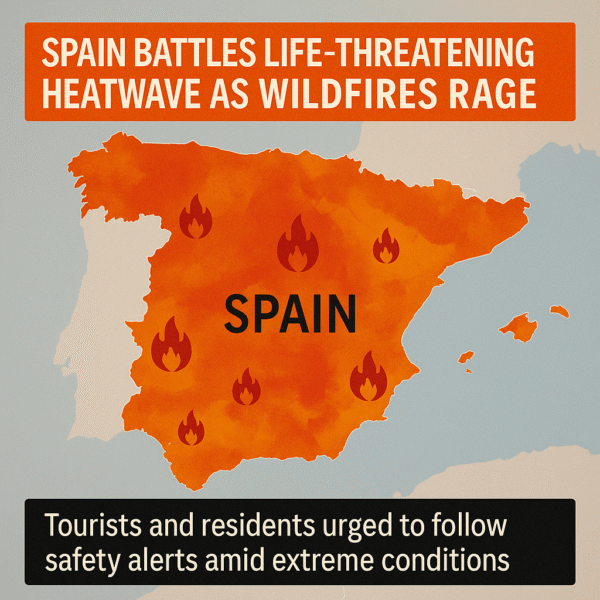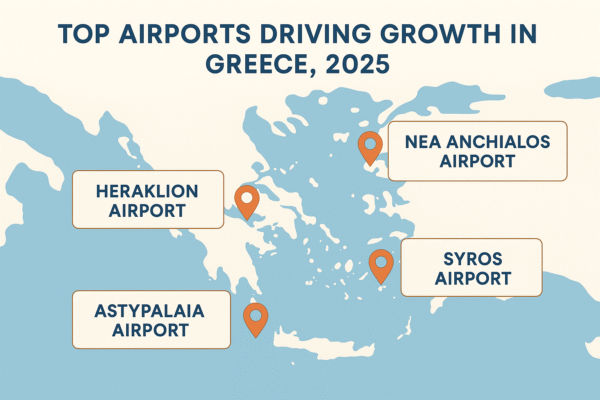The UK Health Security Agency (UKHSA) has confirmed the nation’s first Oropouche virus cases in returning holidaymakers from Brazil, raising awareness of a disease long confined to tropical South America but now affecting global travellers. With more cases likely as international tourism rebounds, health officials are urging British citizens to remain vigilant when visiting endemic regions.
Understanding the Oropouche Virus
Oropouche virus (OROV) is an insect-borne illness transmitted mainly by day-biting midges (Culicoides paraensis) and occasionally by mosquitoes. It was first identified in Trinidad and Tobago in 1955, but outbreaks have since expanded across Brazil, Peru, Colombia, Venezuela, Bolivia, and Panama. In 2024, cases surged across northern Brazil and began to spread into neighbouring countries, with Venezuela reporting a steep increase in infections by 2025.
Unlike malaria, Oropouche virus is not spread by night-biting mosquitoes, making daytime protection crucial for travellers. Its rapid rise has led the UKHSA and World Health Organization (WHO) to classify it as an emerging public health concern.
Symptoms to Watch For
Oropouche virus symptoms usually appear 4 to 8 days after infection, often resembling other tropical illnesses such as dengue, chikungunya, or Zika. Common symptoms include:
- Fever and chills
- Severe headache and eye pain
- Muscle and joint aches
- Nausea and vomiting
- Rash and dizziness
- Light sensitivity
Most patients recover within a week, but the illness can recur, causing renewed fever and pain days later. Rare complications—such as meningitis, encephalitis, or Guillain-Barré syndrome—pose significant risks to vulnerable individuals.
Travellers who develop these symptoms after visiting tropical South America are strongly advised to seek immediate medical care and inform doctors of their recent travel history to avoid misdiagnosis.
Rising Spread and Travel Implications
The Oropouche virus is spreading beyond its historic strongholds. In 2024 and 2025, outbreaks were documented in Brazil, Venezuela, Barbados, and Cuba, signalling a wider Caribbean and South American reach.
The first three UK cases were confirmed in travellers who had visited northern Brazil, where health authorities reported thousands of infections earlier this year. While the virus is not considered endemic in the UK, experts warn that imported cases could rise as tourism to South America increases.
This presents a dual challenge: safeguarding travellers’ health and maintaining confidence in tourism-dependent economies. Airlines, hotels, and tour operators in affected areas are now expected to alert travellers about insect-borne disease risks, much as they have done for Zika and dengue in past years.
How to Protect Yourself: Preventive Measures
There is currently no vaccine or specific antiviral treatment for Oropouche virus, making prevention the most effective defence. The UKHSA and WHO recommend the following steps for travellers:
- Use insect repellent: Apply repellent with at least 50% DEET, especially during the day.
- Wear protective clothing: Long sleeves, trousers, and socks help minimise skin exposure.
- Stay in screened or air-conditioned rooms: Proper accommodation reduces insect access.
- Sleep under insecticide-treated bed nets: Particularly important in rural or forested areas.
- Eliminate standing water: Avoid areas where water collects, as these attract biting insects.
By adopting these practices, travellers can significantly reduce their risk of contracting Oropouche virus or similar tropical infections.
Treatment and Care
Since no direct cure exists, treatment is supportive and symptom-based:
- Rest and hydration: Essential for recovery.
- Fever reduction: Over-the-counter medicines like paracetamol can alleviate fever and pain.
- Medical attention for complications: Severe headache, confusion, or neurological symptoms should be treated as emergencies.
Health authorities discourage the use of aspirin or ibuprofen until dengue is ruled out, as these drugs can worsen bleeding risks associated with other tropical fevers.
Tourism Industry’s Role in Response
With Oropouche virus now gaining global attention, the tourism industry must adapt. Tour operators and hotels in Brazil, Venezuela, and other affected regions are encouraged to provide clear health guidance for incoming visitors. Airlines can distribute informational leaflets, while resorts can promote insect control measures on-site.
The World Tourism Organization (UNWTO) has emphasised the importance of balancing travel safety with continued tourism growth. By keeping travellers informed and reassured, destinations can maintain visitor numbers while reducing health risks.
Looking Ahead: Shared Responsibility for Safe Travel
Public health officials believe Oropouche virus is likely to remain a persistent risk in tropical America, with potential for further spread into Caribbean islands. For now, the risk to the UK population remains low, but returning travellers are a key vector for imported cases.
Holidaymakers can play their part by practising prevention, seeking timely diagnosis, and reporting symptoms. Meanwhile, coordinated global health monitoring ensures rapid detection and control of outbreaks.
As international tourism grows, new health challenges will continue to emerge. Oropouche virus is the latest reminder that safe travel depends on awareness, preparedness, and personal responsibility. With informed choices, UK travellers can still enjoy Brazil’s beaches, Peru’s rainforests, and Venezuela’s cultural gems—while staying protected from the risks that tropical insects pose.
For more travel news like this, keep reading Global Travel Wire

